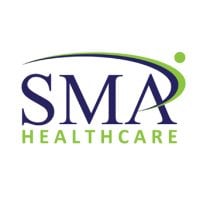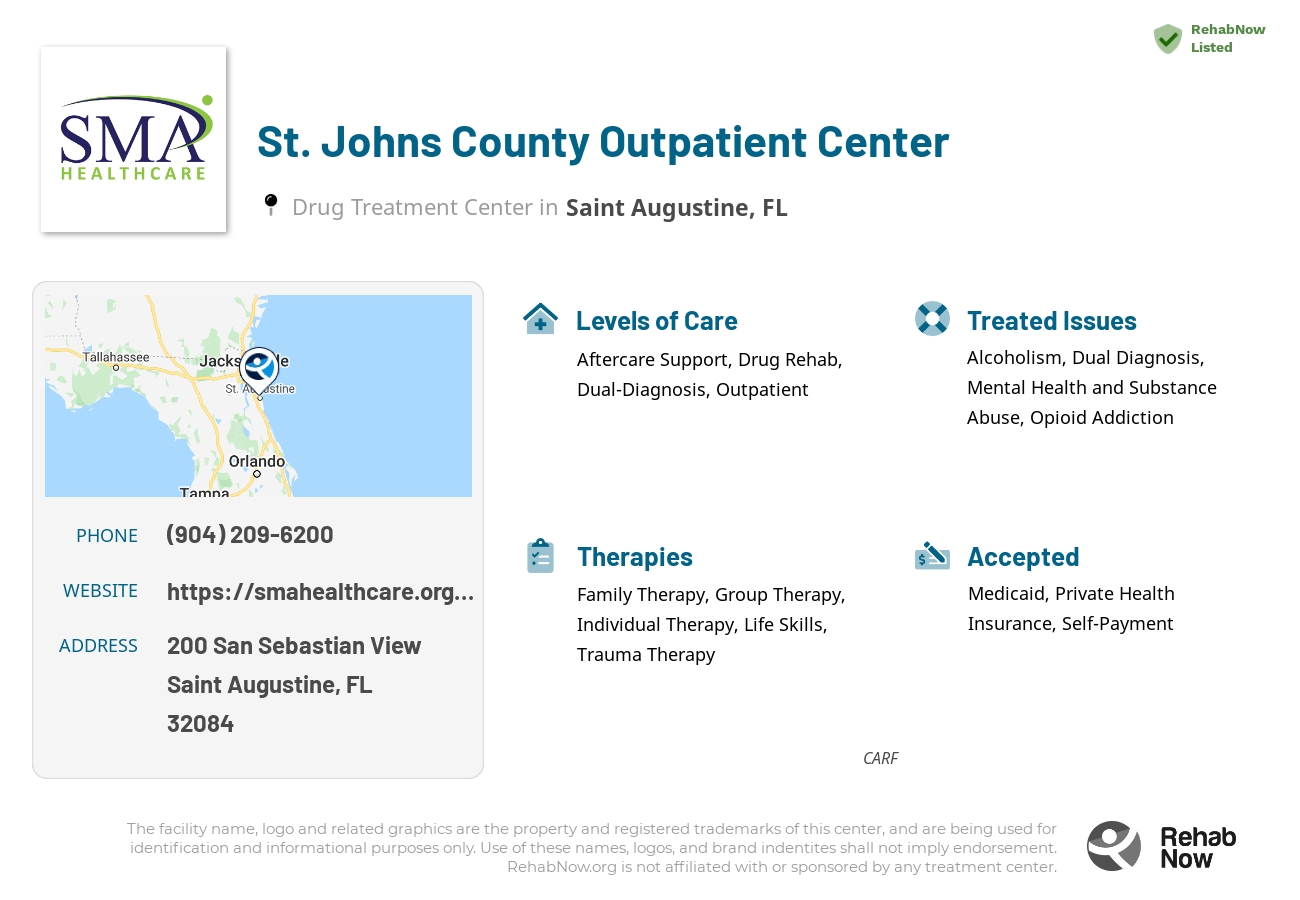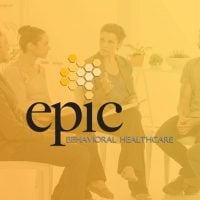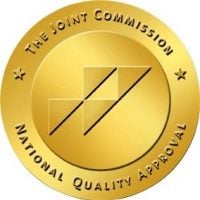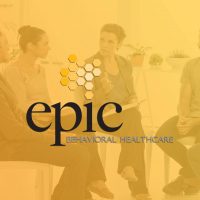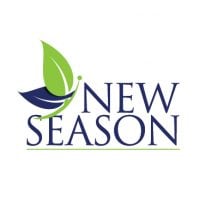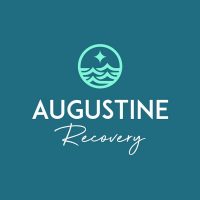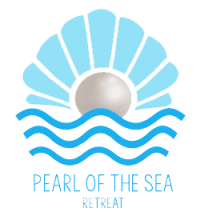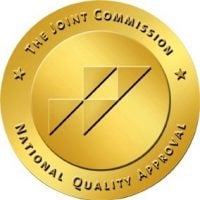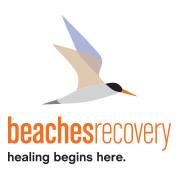St. Johns County Outpatient Center
Drug Rehab Center in Saint Augustine, Florida
SMA Healthcare - St. Johns County Outpatient Center in Saint Augustine, Florida is an accredited treatment facility offering a range of services for alcoholism, opioid addiction, dual diagnosis, drug addiction, substance abuse, and mental health issues, with programs including aftercare support, drug rehab, dual-diagnosis treatment, outpatient services, and detoxification.
About This Florida Facility
SMA Healthcare's St. Johns County Outpatient Center, located in Saint Augustine, Florida, specializes in outpatient treatment for individuals grappling with alcohol and/or substance addiction. This facility stands out by integrating life skills training with group therapy and individual counseling, aiming to offer comprehensive care.
Accredited by CARF (Commission on Accreditation of Rehabilitation Facilities), the St. Johns County Outpatient Center maintains high standards of quality and care. Their programs are designed to address the multifaceted nature of addiction, providing a holistic approach that combines physical and mental health treatment.
- Life Skills Training: This unique aspect of their program helps individuals prepare for the challenges of sober living.
- Accredited Care: CARF accreditation assures clients of stringent quality and care standards.
- Holistic Approach: By addressing both mental and physical aspects of addiction, the center aims for a comprehensive recovery process.
The St. Johns County Outpatient Center focuses on treating alcoholism, opioid addiction, and dual diagnosis, among other substance abuse issues. They employ a variety of treatment methods, including detoxification, aftercare support, and dual-diagnosis treatment. This level of care provides individuals the support needed to embark on the path to recovery.
Genders
Ages
Modality
Additional
Accreditations

CARF
The Commission on Accreditation of Rehabilitation Facilities (CARF) is a non-profit organization that specifically accredits rehab organizations. Founded in 1966, CARF's, mission is to help service providers like rehab facilities maintain high standards of care.
Conditions and Issues Treated
Many people who struggle with opioid addiction need to attend specific programs like methadone , Suboxone or Vivitrol clinics.
These types of programs will provide the patient with legal, prescription medications that can help them overcome their cravings for illegal opioids like heroin or fentanyl . If the patient has a chronic condition like Hepatitis C, they must undergo treatment before they can begin taking these medications.
Dual Diagnosis refers to someone who is both dealing with addiction and another mental health issue.
There are different kinds of Dual Diagnosis: A person who simultaneously experiences both a mental illness and an addiction disorder. Or, a person who experiences one or more coexisting (simultaneous) mental health conditions in addition to a primary substance use disorder.
Some conditions that commonly co-occur with addiction include:
- Personality Disorders (Borderline, Narcissistic)
- Mood Disorders (Bipolar Disorder, Depression, Anxiety Disorder)
- PTSD (Post Traumatic Stress Disorder), OCD (Obsessive Compulsive Disorder), ADHD (Attention Deficit Hyperactivity Disorder)
- Schizophrenia, Psychosis, Hallucinations, Delusions
Levels of Care Offered at St. Johns County Outpatient Center
This center offers a variety of custom treatment tailored to individual recovery. Currently available are Aftercare Support, Drug Rehab, Dual-Diagnosis, Outpatient, with additional therapies available as listed below.
Outpatient treatment programs provide drug and alcohol addiction treatment through individual sessions with a counselor, group therapy, 12-step meetings, and other activities to help individuals gain sober living skills. Most programs are designed for those individuals who have completed a medically supervised detoxification program and provide opportunities for clients to begin the process of early recovery.
Outpatient programs also offer a level of medical support as needed and psychological backing through therapy. Clients are encouraged to live at home, though there may be some flexibility regarding this requirement based on the circumstances and needs of each patient.
Outpatient treatment is perhaps the most common type of dual diagnosis program available. It does not pose a significant financial burden on patients. However, it is essential to note that outpatient treatment does not provide the support and supervision given in residential programs. Some addicts may need this level of support to maintain their sobriety.
People who have completed a rehab program often need continued support from the addiction treatment team in order to remain abstinent from drugs and alcohol. Aftercare can be beneficial for personal, social, and emotional growth.
Common aftercare options include:
- Individual Therapy – this type of addiction counseling is available on a one-on-one basis. This can be beneficial for people with a high degree of emotional turmoil and a strong desire to overcome addiction.
- Group Therapy – this type of addiction counseling is available in a group setting. This type of treatment can be beneficial for people who are unable to attend regular therapy appointments due to other responsibilities.
- Family Therapy – this type of addiction counseling is available to the family members of addicts. This can be beneficial for people who are unable to fully comprehend what their loved ones are experiencing due to addiction.
Therapies & Programs
Therapy sessions focused on the individual addict can provide much-needed guidance as they work toward overcoming their addiction. These types of sessions typically involve guidance from a therapist, who will help addicts identify and process their feelings and cravings.
During these sessions, addicts may develop plans for coping with the triggers that typically lead to relapse and learn how to avoid those triggers during their recovery process.
The main goal of family therapy for drug addiction is to create an environment where communication can occur without judgment, hostility, or blame that often occurs within a family.
Family therapy is a type of group problem-solving that aims to improve communication and relationships between the patient, their family, and sometimes friends. The therapist is with the family as they learn to communicate with each other differently, especially with the addict when s/he is using.
The family can learn to reduce their enabling behavior or rally together and support each other during tough times. The patient also learns how to deal with their addiction and maintain sobriety while interacting with the family.
Different types of addiction treatment services are available. Within this article, group therapy is of interest due to its high success rate compared to individual therapy. Group therapy settings are beneficial because they allow recovering addicts to build a strong support network.
Benefits of group therapy are:
- Reduces feelings of isolation
- Immediate access to social support in the form of fellow addicts in recovery
- Lowers risk of relapse
- Increases rate of sobriety
- Builds coping skills that can be applied to everyday life
Trauma Therapy is a form of therapy that involves working with a patient to help them process and understand the past trauma(s) in their life. The idea behind it is that while some people can experience traumatic events and not have lasting psychiatric symptoms, many others will. In these cases, memories of the event get hidden from consciousness but continue to influence how the person processes and copes with things in their life. They may avoid situations that resemble what happened or become suddenly angry or irritated to a situation that reminds them of a past event.
With the help of a therapist, people can go back over memories and experiences. This helps them understand why they are having problems coping with certain situations and how they can change how they think and react to things. This therapy is typically done using techniques such as visualization, discussion, and writing down thoughts and feelings.
Trauma therapists will work with clients to help them understand their past and present relationships. Many times, patients may believe that something is inherently wrong with them or that they are unworthy of love. A therapist aims to correct these negative feelings and behaviors by helping the person realize that their actions do not reflect who they truly are.
One of the main goals of trauma therapy is to help clients express their emotions and talk about what they are feeling. This benefits both to increase awareness of how certain events have impacted them in the past and enables patients to realize that they can make changes in their lives.
Those struggling with addiction in Florida can benefit from learning certain life skills. It is not as simple as quitting drinking or taking drugs and thinking that the hard part is over. Being sober means living a whole new way of life. Many recovering addicts have found that they need to develop talents like time management, organization, communication skills, socialization skills, and self-esteem to make their life in sobriety work.
Drug and alcohol addiction can lead to a breakdown in life skills. Learning certain life skills can help those who are struggling with addiction. Life skills training at St. Johns County Outpatient Center in Saint Augustine, FL teaches patients skills such as time management, budgeting, and social abilities to improve their quality of life and prevent relapse.
An addict’s life skills are maladaptive, meaning they are counterproductive. An addict may have learned poor time management skills growing up, have a hard time budgeting money, or be socially awkward. An addict’s poor life skills can lead to relapse and the inability to achieve long-term sobriety. Life skills training teaches patients effective coping mechanisms, which can help them live a clean and sober life.
Payment Options Accepted
For specific insurance or payment methods please contact us.
Is your insurance accepted?
Ask an expert, call (888) 674-0062
Stewart Marchman Center Associated Centers
Discover treatment facilities under the same provider.
- SMA - Deland Men's Residential Treatment - DMRT in Deland, FL
- Stewart Marchman Act Behavioral Healthcare in Daytona Beach, FL
- SMA Behavioral Health Services - Red John Drive in Daytona Beach, FL
- Stewart Marchman Act Behavioral Healthcare - Inpatient in Bunnell, FL
- Stewart Marchman Act Behavioral Healthcare - Fentress Boulevard in Daytona Beach, FL
Learn More About Stewart Marchman Center Centers
Additional Details
Specifics, location, and helpful extra information.
Saint Augustine, Florida 32084 Phone Number(904) 209-6200 Meta DetailsUpdated April 15, 2024
Staff Verified
Patient Reviews
There are no reviews yet. Be the first one to write one.
Saint Augustine, Florida Addiction Information
Florida is one of the nation's epicenters for substance abuse and drug-related overdoses. In 2014, around 410,000 Florida residents were addicted to drugs and alcohol. Over the last 10 years, 12% of all deaths in the state were attributed to substance abuse. Treatment admissions for alcohol reached 24,329 patients in 2016, and 2.5% of Florida high school students admitted to using crack cocaine.
The majority of drug overdoses in Saint Augustine involve opioids such as heroin and fentanyl. In 2021, there were over 500 drug overdose deaths in Saint Augustine. Alcohol is a factor in nearly 40% of all traffic fatalities. Commonly abused drugs include marijuana, alcohol, and prescription medications. There are a variety of treatment options available in Saint Augustine. The type of treatment you receive will depend on your unique needs and situation.
Treatment in Nearby Cities
- Leesburg, FL (84.2 mi.)
- Palm Springs, FL (240.1 mi.)
- Lecanto, FL (102.1 mi.)
- Wakulla Springs, FL (179.0 mi.)
- Harold, FL (335.0 mi.)
Centers near St. Johns County Outpatient Center
The facility name, logo and brand are the property and registered trademarks of St. Johns County Outpatient Center, and are being used for identification and informational purposes only. Use of these names, logos and brands shall not imply endorsement. RehabNow.org is not affiliated with or sponsored by St. Johns County Outpatient Center.
